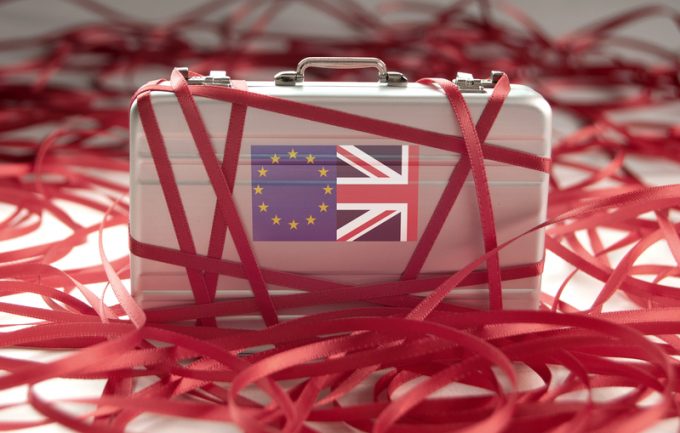UK-US trade deal brings tariff certainty – plus aerospace investment
The UK aerospace sector received two pledges of support today which should see heightened trade, ...

With regard to the decision by DB Schenker to cease its EU-UK service a few days ago, I have to say I was surprised. But from the stories I have been hearing in the marketplace since 4 January, maybe I shouldn’t have been.
I say this ...

Comment on this article
Ed Cleasby
January 20, 2021 at 11:45 amNo .. it’s an utter unnecessary pain, however you paint it. We must be the only peopy to have voted to make life harder, more costly, less reliable …based on a false promise of the opposite.
I have no decided it’s no longer worth buying selling with the EU. Seller can’t be doing with the extra time and costs at their end ….and l can’t at mine. Tragic!